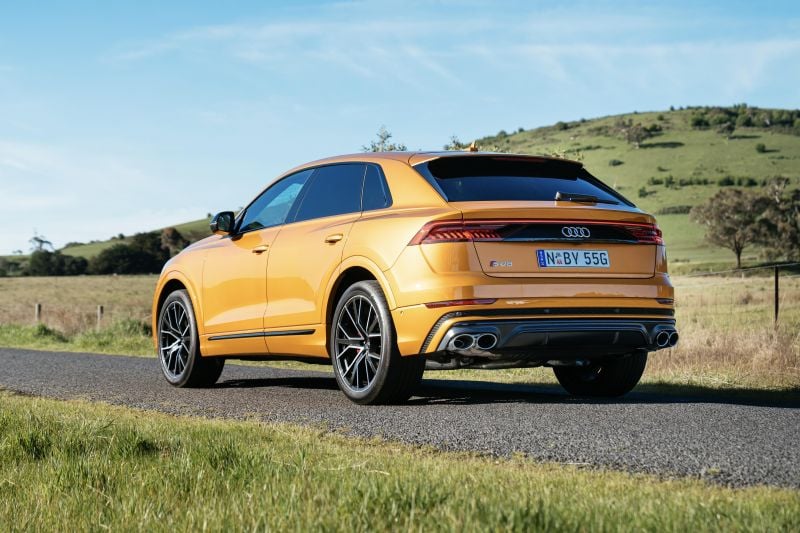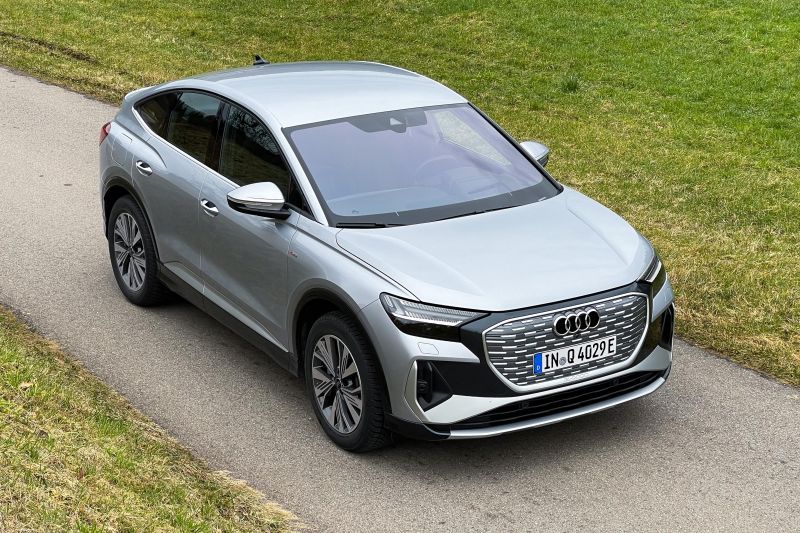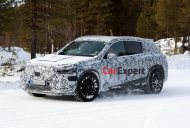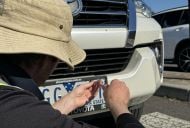Audi Australia’s new managing director Jeff Mannering says the company is set to secure significantly better vehicle supply next year after a tough 2022 – in which its sales have slipped 14.1 per cent.
While most car brands’ holding yards have been affected by headwinds such as COVID, chip shortages, the war in Ukraine, and the shipping crisis, Audi and the wider Volkswagen Group have been hit worse than most.
Audi’s year-to-date sales in Australia sit at 11,812 units, its lowest January to October tally since 2010.
Mercedes-Benz Cars over the same period this year has sold 23,280 units (down 5.5 per cent), BMW 20,104 (down 3.7 per cent), and Volvo 8852 (up 11.6 per cent). Lexus has fared worse in percentage terms, down 26.1 per cent to 5976 with its own Toyota Group shortages.
“It’s a complex question, but I’m absolutely positive we’re going to get more production next year,” Mr Mannering told us.
“… I’m 99.9 per cent confident that supply will be better,” he added, pointing nevertheless to potential problems that could cause further issues in 2023 such as gas supply in Europe where most of its cars are made.
“We are just doing our budgets now and our volume budget is based on production budgets, and that’s significantly better than what we had this year,” he said, referring to the commitments given to Audi Australia by its Group factories.
Mr Mannering gave some insights into the challenges he expects to face in his new role over the next little while, adding a core focus for the wider VW Group here would be to expedite the time it takes between a vehicle launch and its arrival in Australia.
“It’s not just the semiconductor issue, not just the Ukraine-Russia topic, but logistics is a big issue at the moment, to even get trucks and trains from the factory, to ship cars, the only country that’s worse off is New Zealand. We are 90 days from time of finishing production to getting to Australia,” he said.
He added that fewer Audis moving forward would come missing certain features – a legacy of semiconductor shortage issues, offset by offered discounts – save perhaps for top-level tech such as laser lights.
Despite the rosier 2023 outlook, one in-demand Audi that won’t get here until 2024 at the earliest is the Q4 e-tron EV, the brand’s rival for the Tesla Model Y, BMW iX1, Volvo XC40 Recharge, Lexus UX300e, and Mercedes-Benz EQA.
“It [Q4 launch] won’t be next year. Production may start next year – not will, could – but the car won’t be introduced. I would love it to be here early 2024, that’s what we’re pushing for,” said Mr Mannering.







